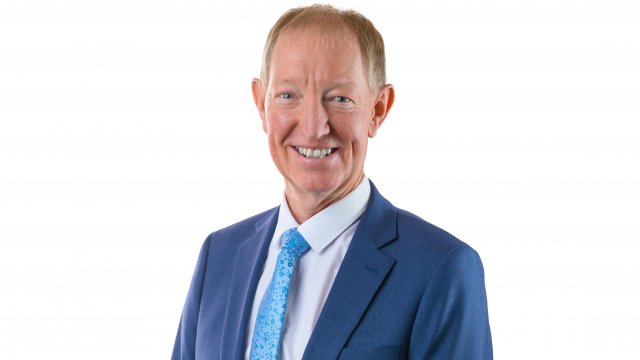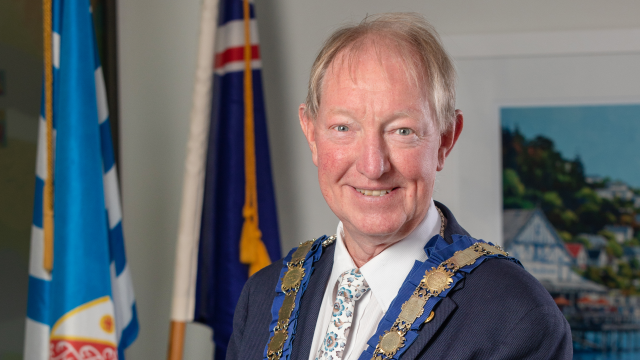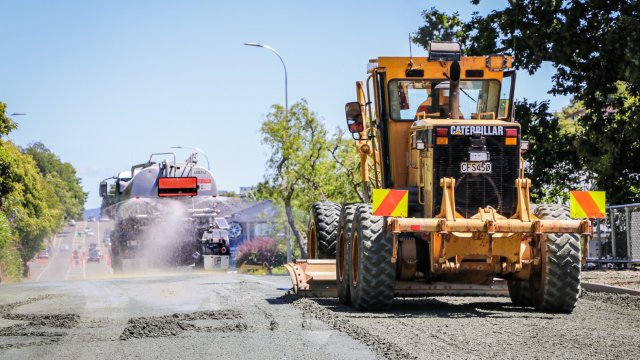Nelson City Council’s feedback to the Government on Three Waters
30/09/2021 3:06amThe Government asked councils to provide feedback on the proposed Three Waters Reform programme by 1 October 2021. Here is Nelson City Council’s response in full:
Tēnā koe Minister,
Nelson City Council’s response to government’s proposed three waters reform
I am writing on behalf of Nelson City’s elected members to reflect Nelson City Council’s (NCC) decision to respond to the Government on your proposed Three Waters Reform programme.
Since the Government announced additional detail on the proposed Three Waters Reform programme at the Local Government New Zealand (LGNZ) Conference, NCC has been reviewing and analysing the proposal to understand the Government’s national case for change, the implications for Nelson City’s ratepayers and the changing environment of providing three water services to our community.
Thank you for providing us with an opportunity to give our feedback on the proposal.
As part of our due diligence, we commissioned Morrison Low to review the Water Industry Commission for Scotland’s (WICS) analysis of the dashboard information for Nelson City. While this analysis highlighted some differences due to the assumptions used, the main conclusion was that the WICS dashboards illustrated the ‘right direction’ in terms of costs for provision of water services in the future.
NCC had two elected member workshops, on 31 August and 9 September this year, with Morrison Low and LGNZ presenting their analysis. These workshops were recorded and made publicly available to our community. These workshops focused on the financial information, proposed governance structure, community representation and implications for NCC and the community.
Additionally, NCC held two webinar public meetings via Zoom (due to COVID-19 Alert Level restrictions) on 14 and 16 September 2021. The webinars were an opportunity to share information about the proposal and for members of the public to ask questions. They were recorded and made publicly available.
NCC’s response is informed by the elected member workshops, public meetings and correspondence received from the public.
On 23 September 2021 Council resolved to respond to the Government with the questions and issues set out in the attachment to this letter. It would be helpful for these matters to be clarified publicly prior to Cabinet discussing the next stage of the reform.
NCC has concerns about the governance model. Additionally, we have concerns that the proposal could potentially increase the risk of future privatisation of three water assets.
NCC strongly support the measures that reduce, or better still, eliminate the risk of privatisation.
The proposed boundary between Entity C and Entity D is a cause of concern for both Marlborough and Tasman District Councils, as it could mean their districts are split between the two entities. Both Marlborough and Tasman have expressed a preference that their districts are not split by these reforms. NCC supports this view.
The reforms have been extremely challenging for our communities to assess and understand, and this has caused significant anxiety. The public information campaign has not met the needs of our community, as they have struggled to access clear and meaningful information to help them understand the issues. If the Government decides to proceed further with the Three Waters Reform then there needs to be a significant improvement in the public information campaign.
We remain concerned that the public will not have an opportunity to provide meaningful feedback on the proposal. We look forward to the Government announcing the next steps in the reform programme, including how you will ensure there will be adequate consultation with the community.
Nāku noa, nā
Rachel Reese
Mayor of Nelson: Te Koromatua o Whakatū
For more information please visit the Shape Nelson website.
Nelson City Council: Questions and Issues
Environmental standards and climate adaptation
• How will the Government ensure that the Water Service Entities plan and deliver resilient water services, alongside the efficiency gains as proposed? Resilient water services are just as important as efficiency gains.
• Will the Government place obligations on the Water Service Entities to plan for, and deliver, enhancements and restoration to our environment? This includes, but is not limited to, stormwater and wastewater discharges and restoration of our freshwater ecosystems alongside providing high-quality drinking water.
Support package
• What are the conditions attached to this package? What is the rationale for linking the funding to community wellbeing, climate change and housing? Does this include timeframes during which the package will need to be spent?
• Is the Government willing to negotiate an increase in quantum for the ‘better off’ package or a greater share coming from the Crown?
• When will more details on the ‘no worse off’ package be released?
Governance structure and representation
• The structure, including the Regional Representative Group, is too convoluted, with councils too far removed from the entity. NCC wants to see this aspect of the reform addressed to achieve stronger accountability to councils, while still ensuring balance sheet separation.
• The Statement of Intent process is too opaque, and councils need more influence. These are critical documents of influence that directly impact the placemaking role of local government.
• How will the Regional Representative Group be established and how will appointments be made?
• Will social procurement be factored into the new entity? If so, would this include the living wage, non-commercial board fees, gender equity and contracted local services?
• Why isn’t a cooperative model being considered?
• How can the Government ensure that privatisation will not occur in the long-term, noting a future Parliament’s ability to amend the legislation?
• How will the Government ensure that the levels of debt of the water service entities will remain prudent, considering the councils will still be the owners of those entities?
• How will iwi involvement in the Regional Representative Group be determined?
• What assurances can be given that existing staff, local contractors, and resources would be retained in the Nelson region? What options are being considered to increase resources based in the Nelson region to support the proposed Entity C?
Planning integration
• Additional information is required on how planning integration between the water service entity and councils will operate to ensure efficiencies, prioritisation, and responsiveness to local issues and circumstances.
• Does the Government see a role for councils in the future planning and engagement with three waters alongside the new Water Service Entities? Will councils be remunerated for this role considering all three waters income will be going to the new entities? Or is this a future participation cost that will passed to local government with no compensation or revenue stream? This same issue will apply to mana whenua and needs to be addressed.
• How will the provision of stormwater services operate? How will the planning and implementation of this be integrated between the councils and Water Service Entities? If Council is to continue to provide flood resilience how will this be integrated with the Water Service Entity?
• Local Government directly engages with local communities on three waters service levels and delivery. How will this occur with the Water Services Entities?
•How will the entities respond to economic development opportunities that happen out of the planning cycle?
• How will the entities respond to economic development opportunities that may not be of significance at entity level but are of significance at a local level?
• What guarantees or undertakings can be given to ensure that planned and anticipated investment in the three waters infrastructure in Nelson would not be compromised or delayed?
Transfer of assets/financials
• Does the Government intend for Water Catchment Areas to be considered assets for transfer to the new entities - understanding that some of these are gazetted as reserves or serve dual purposes for both utility and recreation/conservation functions?
• Is the land underneath three water assets, such as land which contains pump stations, stormwater detention ponds, water supply dams, storage reservoirs, treatment plants considered part of the assets which are proposed to transfer to the new entities? If not, will these require property agreements with councils?
• How will the new entities be funded? What would this look like and will it include rating mechanisms?
• How would the proposed cross-subsidisation between various council areas operate? Accepting that there will be some net beneficiaries, how do we ensure that places like Nelson that have invested in three waters infrastructure are not penalised because other councils have not invested at the same level?
Economic regulator
• How will the proposed regulator ensure that the efficiency gains promoted through the reforms are achieved?
Consultation process
• The reform programme will coincide with the 2022 local body elections. Does the Government see any impact on these elections, and can councils make decisions which will bind a future council considering the reforms will be completed post the 2022 local elections?
• This is the Government’s proposal and communication with the public on these reforms need to be led by the Government. When communicating with the public additional information needs to be provided about what the proposal means for them in terms of future water pricing, levels of service, and local consumer voice.
• There is significant public commentary around the need for consultation with the community, due to the significance of the reforms. Council has received feedback requesting a referendum, or full public consultation, prior to implementation of the reforms. We seek urgent clarity on the Government’s next steps and intentions for consultation.
This was also published in the Nelson Weekly.




